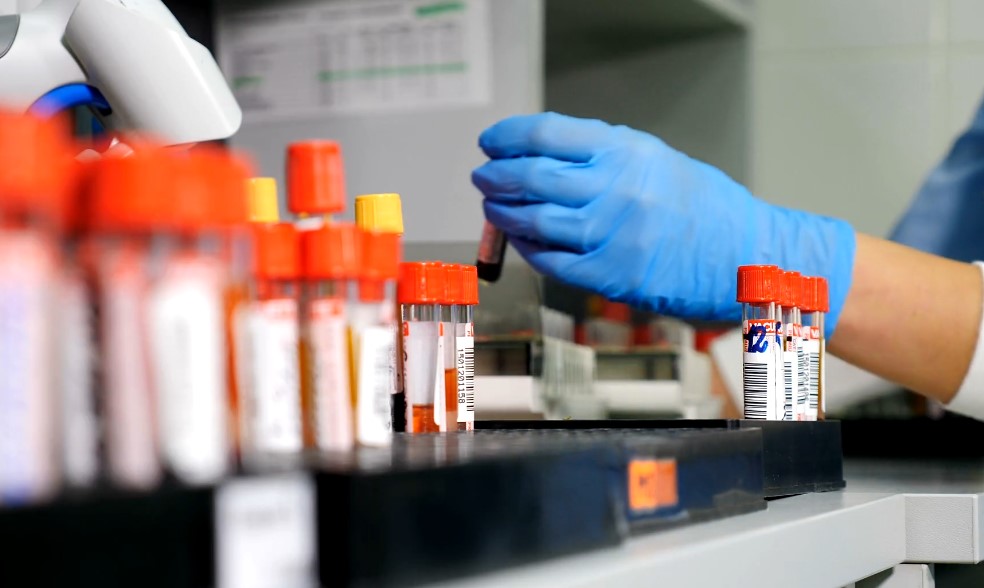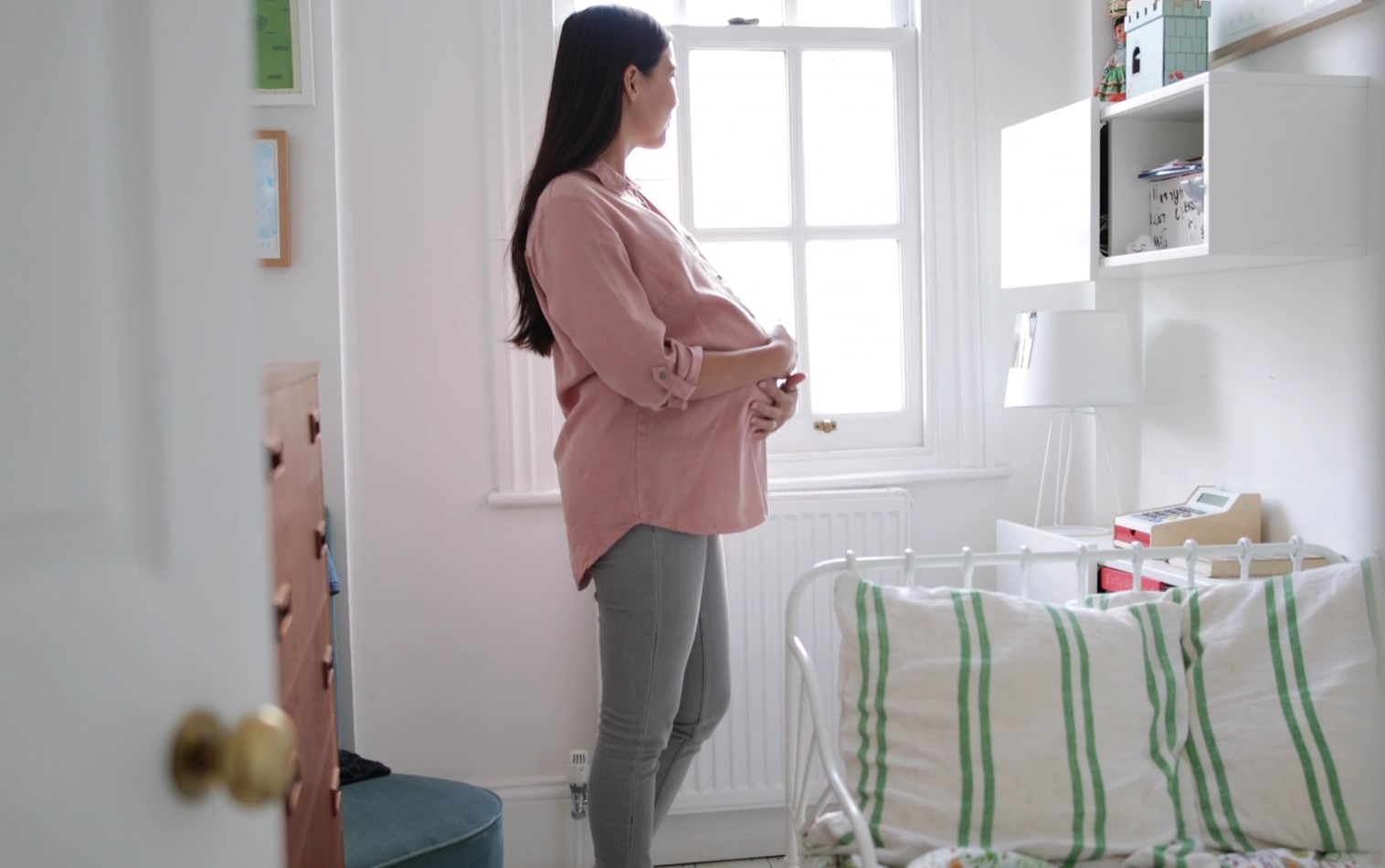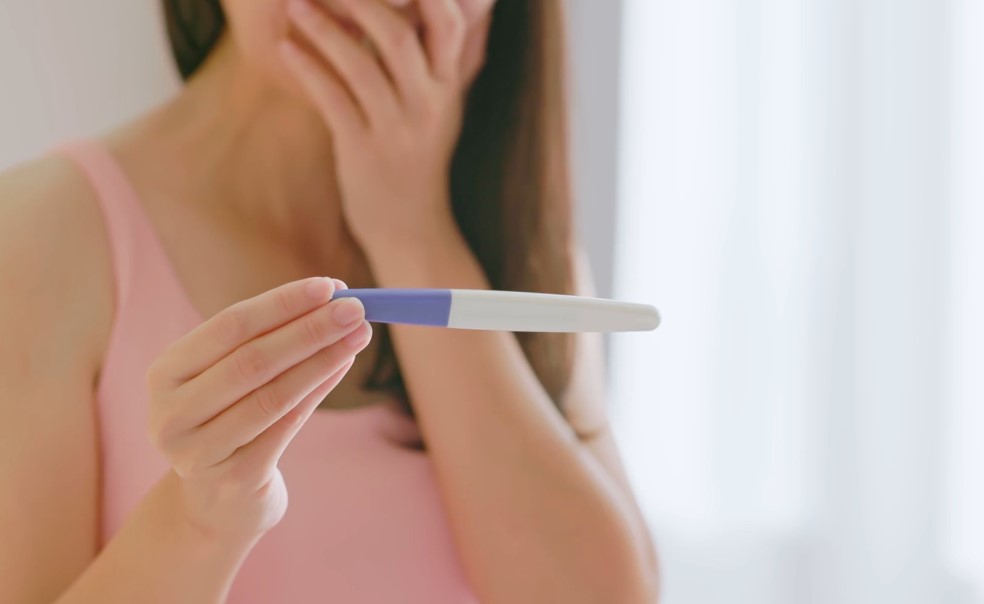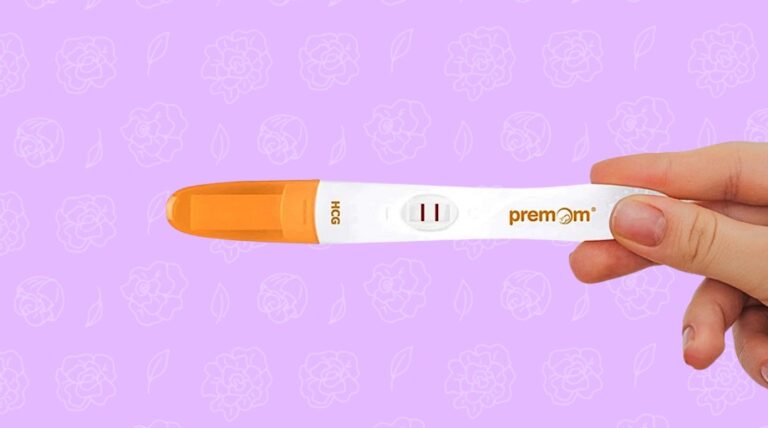So, you might be wondering: how long after implantation does hCG start to rise? Today, we will break it down in a simple manner so that you can get a full grasp of it.
We’ll explore what’s happening with your body during those critical early days, why hCG is so important, and what you can expect when it comes to pregnancy tests.
When Does hCG Start to Rise After Implantation?
View this post on Instagram
According to Medical News Today, implantation itself typically happens somewhere between 5 to 10 days after ovulation. It’s during this window that the fertilized egg nestles into the cozy lining of the uterus.
After this connection is made, hCG production begins almost immediately. For most people, detectable levels of hCG can be found in the blood about 8 to 11 days after conception.
This means that just a few days after implantation, hCG levels are already starting to rise, giving that first hint that a pregnancy has begun.
How Fast Do hCG Levels Rise?
In the early stages, hCG doesn’t just increase—it skyrockets. As sources from Parents claim, levels of hCG double approximately every 48 to 72 hours, creating a clear indication of a progressing pregnancy.
This rapid doubling continues until around the 8th to 11th week of gestation. By this point, hCG levels peak, after which they begin to decrease and eventually stabilize.
So, if you’re watching for the right time to confirm a pregnancy, these early days are incredibly important.
Blood Tests vs. Urine Tests – What Works Best?

There are two main ways to detect hCG—through blood tests and urine tests—and each one has its advantages.
Blood Tests
Blood tests can detect hCG as early as 8 days after ovulation, as per Advanced Fertility. There are two types: a qualitative hCG test (which simply tells you if hCG is present) and a quantitative hCG test (which measures the exact level).
A quantitative test can be incredibly helpful in monitoring how well a pregnancy is progressing, as it provides precise hCG measurements over time.
Urine Tests
Home pregnancy tests, which measure hCG in urine, are most reliable when taken after a missed period. If you’re someone who likes to test early, it’s worth keeping in mind that doing so might lead to a false-negative result, just because hCG levels might still be low.
For the most accurate results, it’s a good idea to wait 14 days after any possible implantation bleeding before testing, as per MiraCare.
Monitoring hCG Levels & Why It’s Important
Doctors keep an eye on hCG levels in early pregnancy to understand how things are progressing. According to Health Central, there are a few key reasons why this hormone is so crucial:
- Healthy Progression: A regular increase, with levels doubling every 48 to 72 hours, usually indicates a healthy pregnancy. It’s a reassuring sign that things are on the right track.
- Ectopic Pregnancy: Abnormal hCG patterns—like levels that rise slowly or don’t double as expected—might indicate an ectopic pregnancy, where the embryo implants outside the uterus. This condition requires prompt attention, so keeping tabs on hCG is essential.
- Miscarriage: As experts from Mayoclinic claim, declining hCG levels may be a sign of miscarriage. Doctors often track these levels along with other indicators to understand the outcome of the pregnancy.
Factors That Can Affect hCG Levels

Every pregnancy is unique, and several factors can influence hCG levels. Here are some reasons why levels might vary:
Multiple Pregnancies
Carrying more than one baby—twins, triplets, or more—can lead to higher hCG levels. This is because the amount of placental tissue is greater, which means more hCG production.
Molar Pregnancy
Sometimes, an abnormal growth of placental tissue (called a molar pregnancy) can lead to elevated hCG levels. A molar pregnancy requires medical intervention, and monitoring hCG helps in diagnosing this issue.
Medications
Fertility treatments that involve hCG injections can affect readings. If you’re undergoing such treatment, it’s crucial to talk with your healthcare provider about the best time to test for pregnancy.
When Is the Best Time to Take a Pregnancy Test?

If you’re waiting eagerly to take that pregnancy test, timing is everything. Because hCG levels need time to rise, it’s usually best to wait until after you’ve missed a period for a more reliable result.
Some early detection pregnancy tests are sensitive enough to pick up lower levels of hCG, but if tested too soon, they might give you a false negative. A good rule of thumb? If you can hold off, try testing about 14 days after ovulation.
What To Expect From hCG in Early Pregnancy
The days following conception are full of changes that you might not even feel yet, but they’re there, setting the stage for a healthy pregnancy. hCG begins to rise within just a few days of implantation, and its levels give vital clues about how things are developing.
While waiting for that positive test result or trying to make sense of early symptoms can feel both exhilarating and stressful, remember that there’s no perfect number when it comes to hCG—it’s more about the pattern.
And if you ever feel unsure, your healthcare provider is there to help with the answers. So take a deep breath, grab a cup of something warm, and give yourself a little grace.
Your body is doing amazing things, and whether you’re trying to conceive or you’re already holding that positive test, hCG is just one of many ways your body tells the story of pregnancy.
FAQs
References
- medicalnewstoday.com – Implantation symptoms: Signs, timeline, and testing
- parents.com – Why hCG Doubling Times Are Important in Early Pregnancy
- advancedfertility.com – Early Pregnancy – HCG Levels and Ultrasound Findings
- miracare.com – How Long After Implantation Bleeding Can I Test?
- healthcentral.com – hCG Levels During Pregnancy: What’s Normal?
- mayoclinic.org – Miscarriage

